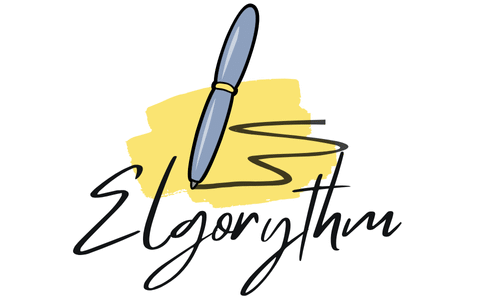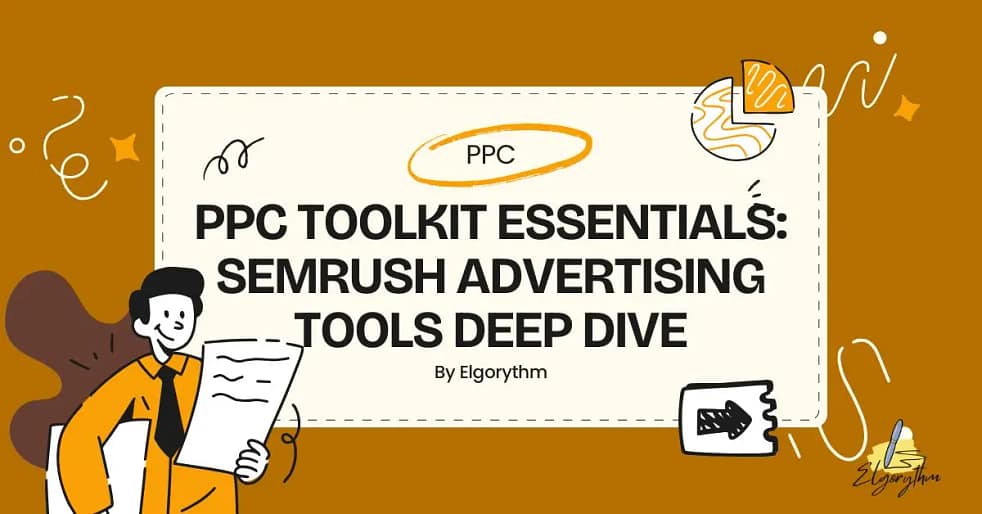Unlock the full power of paid advertising with SEMrush’s Advertising Toolkit, designed to streamline every phase of your PPC workflow—from deep competitor intelligence to-powered ad creation and centralized campaign management. This guide provides an in-depth exploration of each core tool, advanced strategies for experienced marketers, and actionable insights to maximize ROI.
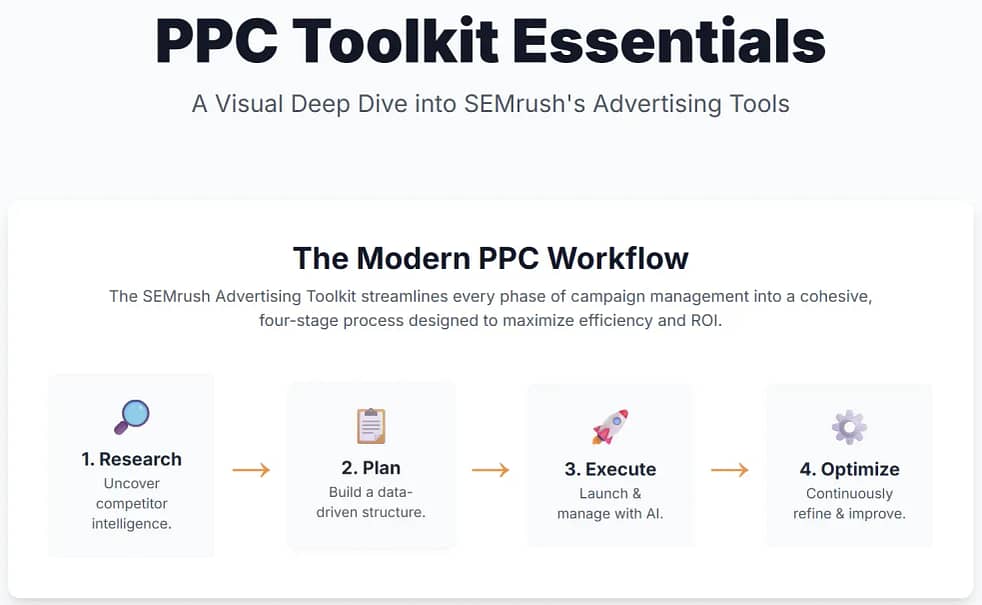
1. Comprehensive Research & Intelligence
SEMrush’s Advertising Toolkit centralizes competitive insights and historical performance data, enabling you to reverse-engineer top campaigns and uncover untapped opportunities.
1.1 Advertising Research
- Identify any domain’s paid search competitors, bid keywords, and live ad examples dating back to 2012.
- Analyze competitors’ ad spend trends, ad copy tactics, and seasonal patterns to refine targeting and budget allocation[1].
1.2 PLA Research
- Evaluate Google Shopping campaigns of leading ecommerce sites, revealing the products, search queries, and bid positions driving peak performance.
- Access historical PLA data to benchmark your shopping ads strategy and optimize feed attributes for maximum visibility[1].
1.3 Ads History
- Track keyword bidding activity over the past 12 months across multiple domains.
- Detect emerging trends, high-ROI keywords, and bidding gaps to fine-tune your keyword portfolio and mitigate wasted spend.[1]
1.4 AdClarity (Pro only)
- Monitor display, video, and social ad campaigns of competitors across 50+ markets.
- Benchmark creative tactics and estimated spend at scale, informing your cross-channel media mix and creative roadmap.[1]
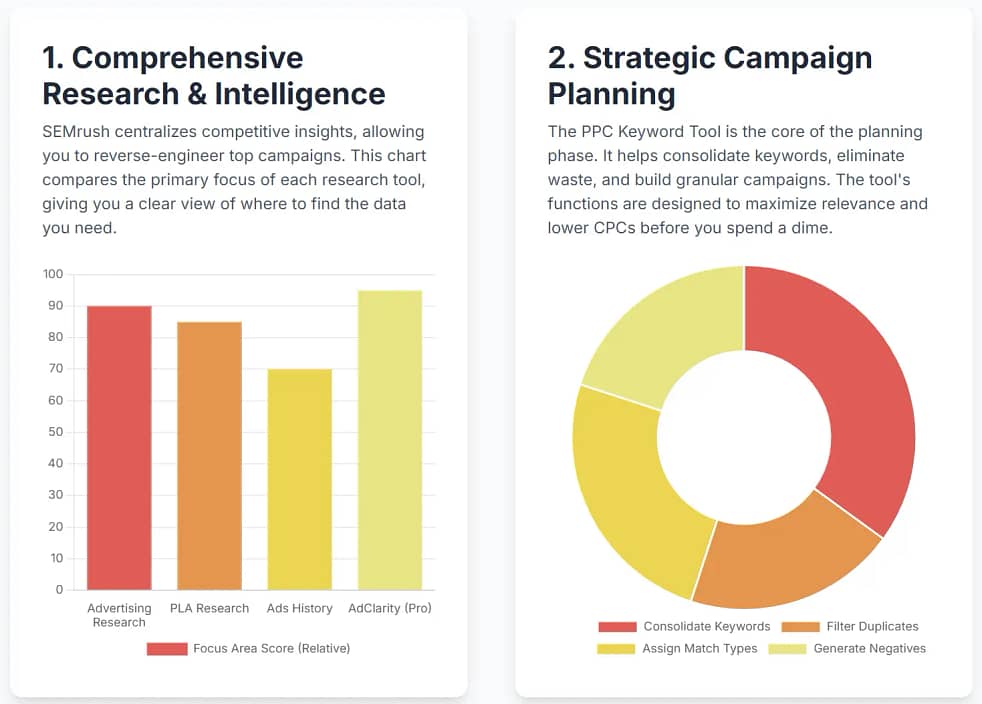
2. Strategic Campaign Planning
Transition from insights to action with a structured, data-driven approach—organize keywords, eliminate waste, and craft granular ad groups.
2.1 PPC Keyword Tool
- Consolidate seed keywords into logical campaigns and ad groups.
- Auto-filter duplicates, assign match types, and generate negative keyword lists to boost relevance and lower CPCs.
- Export ready-to-launch campaign structures for seamless upload to Google Ads Editor[1][2].
3. Execution & Optimization
Leverage SEMrush’s AI and integration features to accelerate ad copy creation, streamline launches, and maintain agile control of live campaigns.
3.1 Ads Launch Assistant
- Generate multiple headline and description variations with AI-driven suggestions grounded in real-time SEMrush data.
- Auto-append UTM parameters, select bid strategies, and launch directly to Google Ads and Meta Ads platforms from a unified interface[1].
3.2 Campaign Management & Reporting
- Pause, resume, and adjust campaigns, bids, and targeting settings across Google and Meta—without toggling between platforms.
- Build custom, shareable reports to highlight KPIs such as impressions, clicks, CTR, and conversion rates[3].
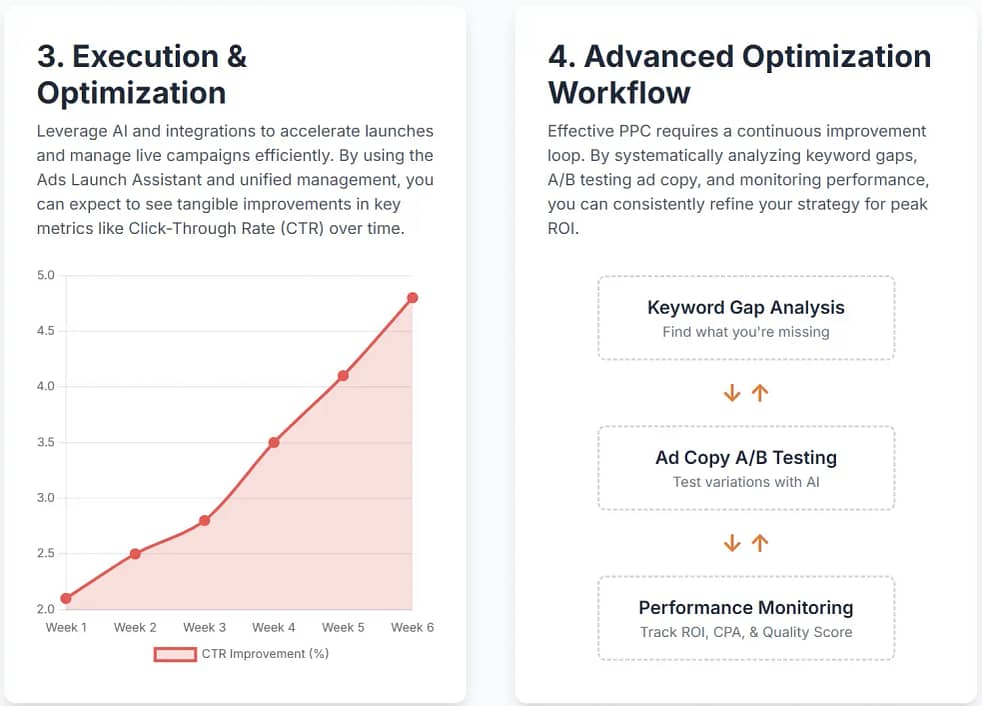
4. Advanced Optimization Workflow
Implement a continuous improvement loop by revisiting keyword research, refining ad groups, and A/B testing creatives.
- Keyword Gap Analysis: Compare paid keyword lists against top competitors to surface high-value terms you’re missing[4].
- Ad Copy A/B Testing: Use the Ads Launch Assistant to generate and test copy variations, then iterate based on performance data.
- Performance Monitoring: Leverage built-in dashboards to track ROI, cost per acquisition (CPA), and quality score improvements—adjust bids and budgets in real time[4].
Frequently Asked Questions
Q1: Which SEMrush plan includes the Advertising Toolkit?
The Advertising Toolkit is available starting on the Pro plan, with advanced features (AdClarity, PLA historical data) unlocked at the Guru and Business levels[1].
Q2: Can I manage both Google and Meta ads in SEMrush?
Yes—SEMrush integrates directly with Google Ads and Meta Ads, allowing launch, optimization, and reporting for both platforms from one dashboard[1][3].
Q3: How does PLA Research differ from Advertising Research?
Advertising Research focuses on search ads across Google and competitors’ domains, whereas PLA Research specifically analyzes Google Shopping campaigns, product-level performance, and feed optimization[1].
Q4: Is AI ad copy generation effective for enterprise campaigns?
Absolutely. AI suggestions in the Ads Launch Assistant leverage large-scale SEMrush data to craft high-relevance headlines and descriptions, accelerating creative iteration and boosting ad relevance for complex enterprise campaigns[1].
Q5: How do I export my PPC Keyword Tool structure to Google Ads?
After organizing keywords and groups, click the Export button to download a CSV formatted for Google Ads Editor. Simply import this file into the Editor to deploy your campaign instantly[2].
